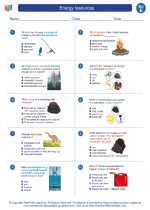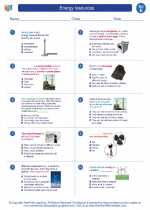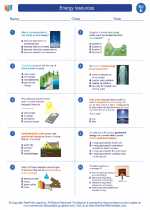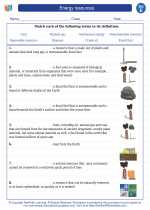What are Protons?
Protons are subatomic particles that are found in the nucleus of an atom. They are positively charged and have a relative mass of 1.
Properties of Protons
- Charge: +1 elementary charge
- Mass: Approximately 1 atomic mass unit (amu)
- Location: Found in the nucleus of an atom
- Stability: Protons are stable particles and do not decay under normal circumstances
Role of Protons in Atoms
Protons are crucial in defining the identity of an atom. The number of protons in the nucleus determines the element's atomic number, which in turn determines the element's chemical properties. For example, all hydrogen atoms have one proton, while all carbon atoms have six protons.
Experimenting with Protons
Scientists have studied protons extensively using particle accelerators and particle detectors. By colliding particles at high speeds, researchers can observe the behavior of protons and study the fundamental forces that govern their interactions.
Conclusion
Protons are fundamental particles that play a central role in the structure and behavior of atoms. Understanding the properties and behavior of protons is essential for comprehending the nature of matter and the universe as a whole.
[Protons] Related Worksheets and Study Guides:
.◂Science Worksheets and Study Guides Fifth Grade. Energy resources

 Worksheet/Answer key
Worksheet/Answer key
 Worksheet/Answer key
Worksheet/Answer key
 Worksheet/Answer key
Worksheet/Answer key
 Vocabulary/Answer key
Vocabulary/Answer key
 Vocabulary/Answer key
Vocabulary/Answer key
